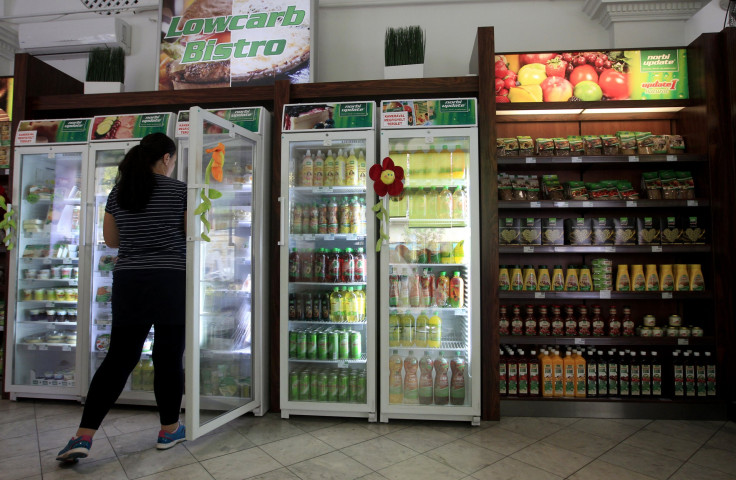Sugar Laden Drinks Linked With Diabetes Type 2

A research based on the large European Prospective Investigation into Cancer and Nutrition (EPIC)-Norfolk study has indicated that although consumption of sweet drinks, including soft drinks provide for five percent increase in our total energy intake, it increases the risk of developing type 2 by 18 percent.
The study is published in Diabetologia, the journal of the European Association for the Study of , which included analysis of more than 25,000 men and women aged 40-79 years, living in Norfolk, UK, by using their dietary information obtained from seven-day food diaries filled by the study participants.
Lead scientist Dr Nita Forouhi of the UK Medical Research Council, or MRC), Epidemiology Unit, University of Cambridge, says that "By using this detailed dietary assessment with a food diary, we were able to study several different types of sugary beverages, including sugar-sweetened soft drinks, sweetened tea or coffee and sweetened milk drinks as well as artificially sweetened beverages (ASB) and fruit juice, and to examine what would happen if water, unsweetened tea or coffee or ASB were substituted for sugary drinks."
After carrying out the analysis, the researchers found that with an extra serving of each of soft drinks, sweetened milk beverages and ASB consumed on a daily basis, the risk of developing type 2 increased by approximately 22%. However, the association with artificially sweetened beverages lost its significance when the markers for obesity such as body mass index and waist girth were taken into account by the researchers.
They suggested that this was likely due to the fact that overweight or obese people are at higher risk of chronic disease which consume a higher amount of ASB than those at lower risk.
The new study has not only established an association between sugared drinks and but has also revealed that by replacing one serving of a sugary drink with either water or unsweetened tea or coffee daily can reduce the risk of developing diabetes by between 14 percent and 25 percent.
To this, Forouhi adds, "The good news is that our study provides evidence that replacing a daily serving of a sugary soft drink or sugary milk drink with water or unsweetened tea or coffee can help to cut the risk of , offering practical suggestions for healthy alternative drinks for the prevention of ."
Forouhi concluded by saying that their study has wider implications and believes that the study findings might help in reducing the burden of by lowering the percentage of energy consumed from sweet beverages and can act like an evidence to the recommendation from the World Health Organization to limit the intake of free sugars in our diet.
To contact the writer, email:ruchira.dhoke@gmail.com






